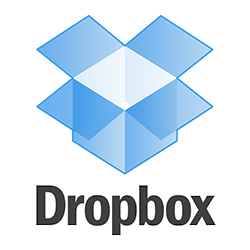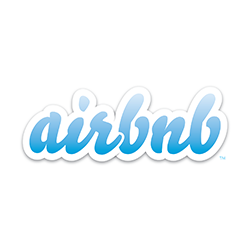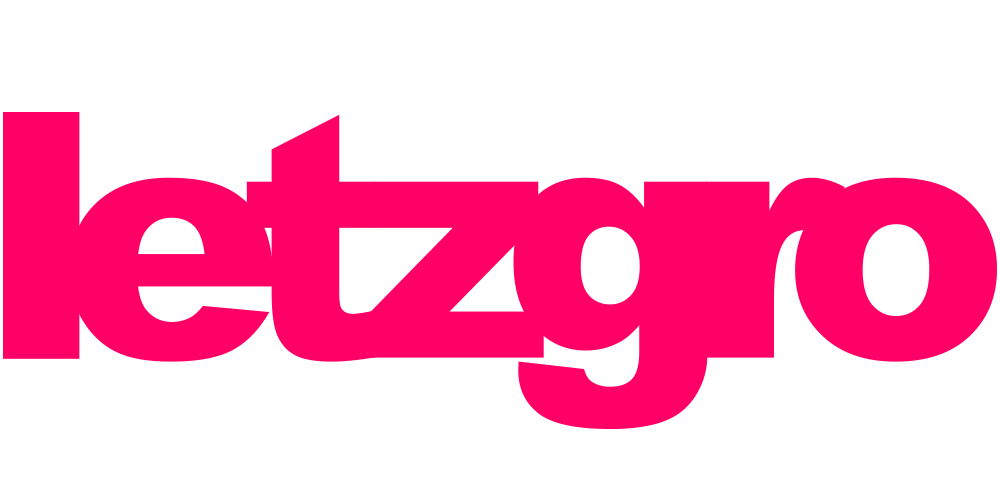
Let’s Define What Stands Behind
So, what is a ‘successful startup’? How do we say, “that startup is valuable” and what makes a startup really great? We think – alright, that’s the one that all the hype is about, the one we didn’t know yesterday but is now popping up everywhere now – it’s the cool one. In other words, we think of a successful startup as something brand new, but we also have to think about the idea as something that brought people new important possibilities and became useful in their lives. Think about Dropbox. It’s been a while, it’s not new, but it’s been in that phase and is now developing even more.
We want to review a couple of interesting startup projects of the last years along with the brand new ones. We want to show not only the social and popular status, but the actual value of a technology, and what’s most important – how those ideas developed into something huge. Of course, we will not list all of them, just some interesting ones.
[announce]
[one_third] [/one_third]
[/one_third]
Pandora
This is the service that lets people listen to music based on their taste by providing a personalized interactive listening experience. Pandora proved that online radio can be a meaningful and profitable business. They took an old idea to a whole new level, and what is important – they offered personalization to everyone. Coming in at the right time, they blazed with success, bringing the music experience into something new. Pandora has sophisticated targeting capabilities for ads, as it captures a good amount of the user’s data. Music is a part of our life, no wonder we share a lot of our interests in that. Well, Pandora knows how to turn that into piles of money, and they do it amazingly well.
Pandora wasn’t an overnight success. It was a long road, and starting from the early 2000s with the unsuccessful The Best Buy integration times, to nowadays, wherein it is expected to raise $231 million from the sale of 10 million shares.
This project is a perfect example of how personalization is important in every social idea, and bringing that unique experience to every user will underline the seriousness of your startup.
[one_third] [/one_third]
[/one_third]
Snapchat
Well, this is the startup that’s actually popular right now among young people. There is nothing to compare yet with other gigantic ideas that became a part of our lives. But this is a good example of a successful startup, that is both spontaneous and useful. This service brought to the social networking culture an ephemeral style of messaging. The idea of the media message that may be only seen for some time and then just disappears. And what is more amazing is that the market started following this idea and that ephemeral messaging developed into a more broad thing. It brought a huge hype to every day’s messaging amongst kids. Snapchat gained traction about a year ago. Over one summer, the company raised around 60 million dollars, with five investment groups, in total valuing $800 million.
This project is a perfect example of when people come up with ab interesting new idea that builds upon an already common service that everyone uses.
[one_third] [/one_third]
[/one_third]
Dropbox
Dropbox opened the world of cloud-based services. Despite the fact that the idea of cloud services was already known and used, this, at that time, was a startup that brought the perfect solution for keeping, accessing and using personal data. In a time when the mobile devices market had started picking up, and people needed to upload and access data from everywhere, Dropbox appeared and gave them this ability with an intuitive approach, a profitable model and the use of the most important market trends. Besides the nice and smooth marketing steps, the actual execution was top of the line. The company took care of the most important things coming with data storage, like security, and convenience, and brought it to an usable level for everyone. In 2013 it unveiled and gained 200 million users around the world.
This successful startup showed the whole world the mobility of the data they own, and features they have working with it. It became insanely successful and was picked up on the business level as its abilities are suitable for these processes.
[one_third] [/one_third]
[/one_third]
Airbnb
At a time when the world already had such services as Booking.com or from the other side Craiglist, Airbnb showed the concept of renting any place all around the world with one service. The service gave a huge possibility for landlords and for people that travel. For only being on the market for two years, Airbnb has already 250,000 properties registered – that shows that this kind of service is what entrepreneurs and travelers lacked.
This, startup in past, and successful company, for now, shows that there are services that our social media still lack and that there are people who may build a successful business model around filling those holes.
[one_third] [/one_third]
[/one_third]
Kaltura
Kaltura is a different startup story. It is a video-platform, that is open-sourced, and is used for distributing, managing and publishing video content. Publishers are able to upload video to hosted services of Kaltura, and set it up for their needs. It works with a lot of different platforms as MediaWiki, WordPress, Drupal and Joomla. This service is being used by 300,000 media, enterprise and education organizations. Some of these are Bank of America, Harvard, HBO, etc. This year, the company announcing new investments that bring its funding to a whopping $68.1 million.
This successful startup shows that it is also important to target several niches. By selecting a few specific niches and mastering them – you become highly valuable and get your place on the market stream.
Huge! Look at these totally different ideas and think of each one as a lesson for yourself. Behind any idea is standing the people that are going to need it and are going to be using it. Come up with something, that people lack, even if its a small feature – it might just be important enough to propel your business into the future.


